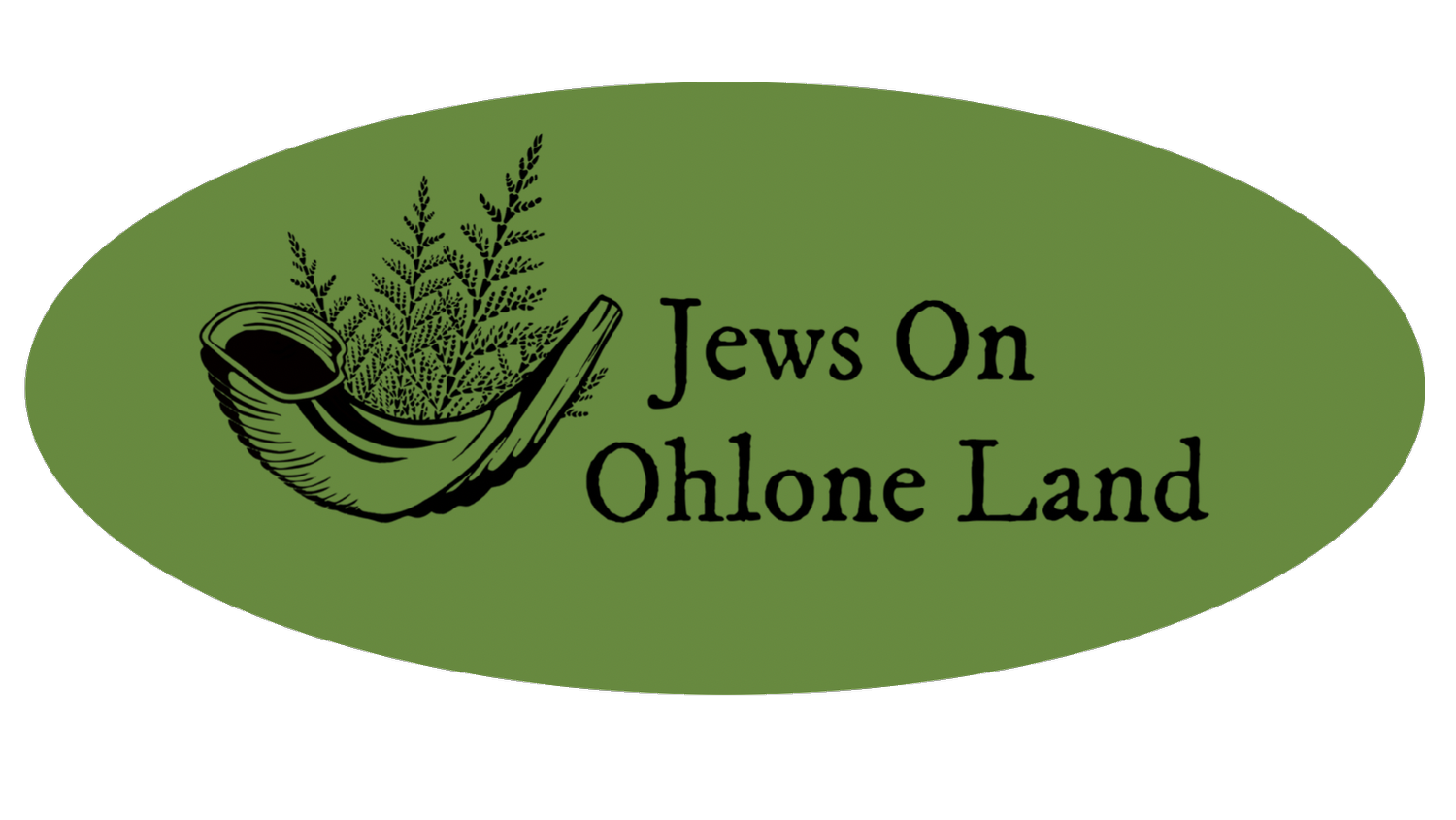I am here today as a descendant of Levi Strauss.
by Rachel Gelman
This statement was read in the plaza in front of the Contemporary Jewish Museum on Wednesday, February 12, 2020, the opening night of the exhibition Levi Strauss: A History of American Style,
I am here today as a descendant of Levi Strauss. Levi Strauss was my great great great great grand uncle, and because he did not have children of his own, my family line was the heir to the Levi Strauss fortune. As a kid, I was told the classic American story about Levi Strauss- that he was a poor immigrant who pulled himself up by his boot straps and, with his intellect and savvy he was able to prosper and take part in manifest destiny- and set his family up for prosperity for generations to come.
Levi Strauss came to this land to participate in the gold rush and built his business by making pants for the gold miners. While I'm sure he was a hard worker, what this museum exhibit leaves out of the story is that in the 20 years after Levi Strauss arrived in California, 80-90% of the indigenous population in California was killed through genocide. Many of the remaining indigenous people were enslaved, most women experienced sexual violence, and almost all were pushed off of the land their families had been stewarding for many generations. Without this violence, settlers like Levi Strauss never would have been able to come here or profit off of this land.
My privilege and access to resources today is because of this legacy of colonialism and violence.
I’m not sharing this because I think Levi Strauss was a bad person, nor do I think he was even ill-intentioned. And I am aware of the fact that we are here as Jews talking about a Jewish settler when Christian institutions are responsible for colonizing most of the world. Most Jews came here fleeing anti-Semitism and experienced oppression and discrimination when they arrived. But our history of anti-Semitism and genocide makes us all the more responsible for standing with oppressed groups, and refusing to participate in erasing their stories.
As Jews, we sometimes take our own history of oppression and use it as a crutch to avoid looking at the ways we may have been complicit in the oppression of others, and I don’t think it serves us. We say, Levi wasn’t a white settler, he was a Jewish immigrant. And that means he’s absolved and let’s ignore what was happening around him, that he benefited from, because we want to be absolved too.
But I don’t want to be absolved, I want to be accountable. I believe we can’t get free as a people without speaking with honesty and clarity about how we’ve been complicit in the oppression of other people and in the erasure of their stories, their cultures, and their lives. I believe this because I feel certain the only way we get free as a people is together, with other oppressed groups, standing in solidarity with one another and committing to fighting for each other. We get closer to freedom for ourselves when we commit to not be complicit in the oppression of others so that we, individually, can survive in a system built to benefit so few of us.
Levi Strauss profited as a settler on this land during a time of extreme colonial violence, and that does not make him evil, it unfortunately makes him normal. We have so much to learn from telling his story of prosperity in a way that includes who was harmed along the way. Imagine all that would be possible if we, as a Jewish people, started telling our stories with honesty, integrity, compassion and nuance.
I stand here as a descendant of Levi Strauss to say that I don’t need a white-washed version of my family’s history to feel grounded in where I come from or proud of the resilience of my community. I feel proud and resilient right now, standing here with all of you in solidarity with indigenous people and pledging to tell our stories together. Thank you.
JOOL Note: A drash is a teaching about the Torah that usually takes place in a synagogue. We've remixed that practice. In this digital space, JOOL members teach about the Torah of Jewish/Indigenous solidarity work. Individuals offer their perspectives on the questions and ideas that are moving through them. We hope it's a wild and sacred space. By lifting up different points of view, we practice our values of transparency, learning and relationship building. And we celebrate the diversity of our collective, where many different voices are joining together, connected through shared values, to call for Indigenous sovereignty.

